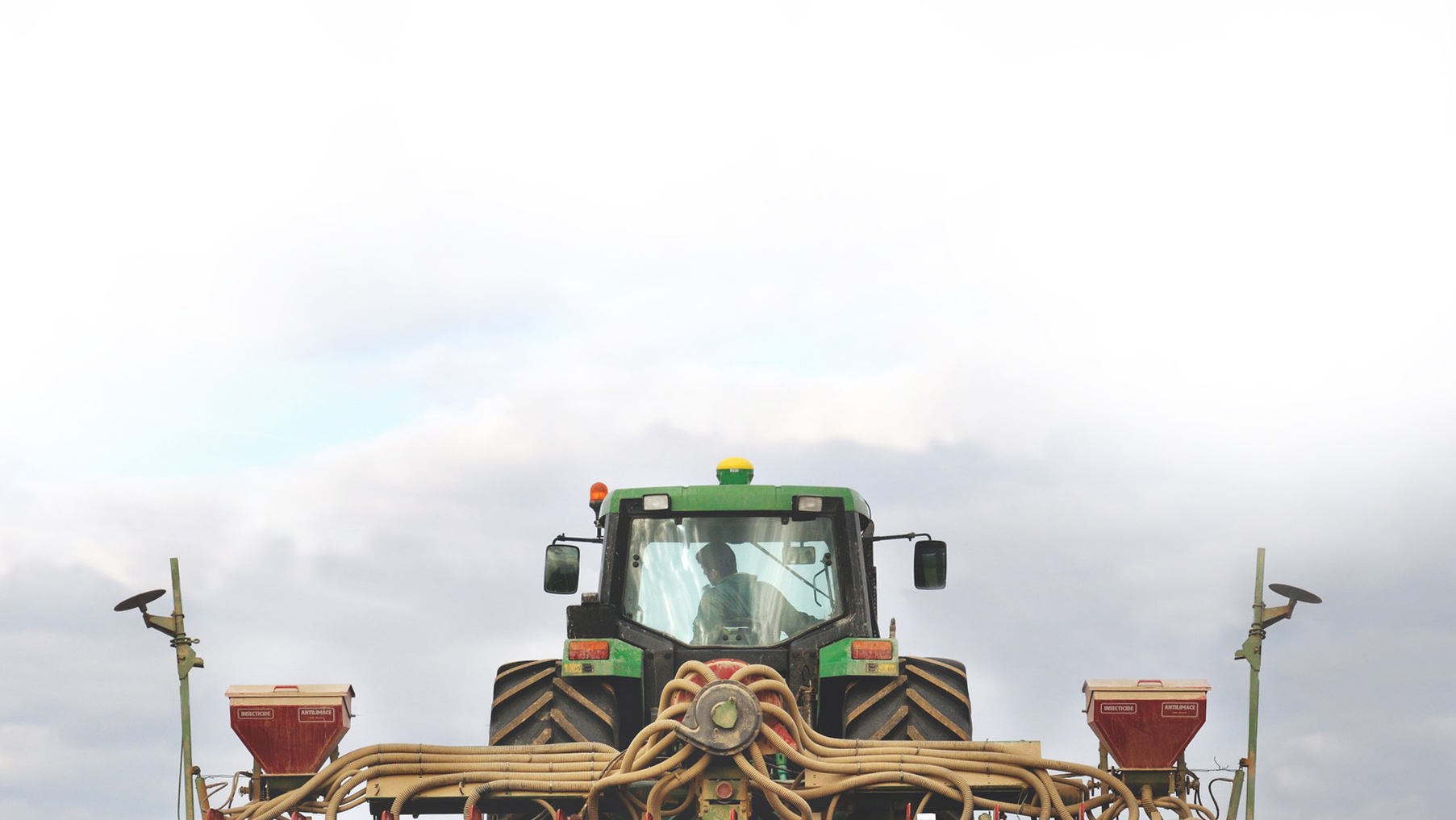Growing interest in Irish potato production in East and Southern Africa
Production of Irish potato is on the rise in Ethiopia. According to a recent report in the Irish Times, “it is estimated there are one million potato farmers in Ethiopia, planting approximately 160,000 hectares annually.” Production mainly takes place on small plots in the highlands, without the application of fertilisers. According to the International Potato Institute, “Ethiopia may have the highest potential for potato production of any country in Africa, with 70 per cent of its 13.5 million hectares of arable land suitable” for potato cultivation.
Pilot initiatives in Ethiopia are targeting 100,000 potato farmers, since Irish potatoes are seen as having the potential to make an important contribution to household food security. The potential contribution that Irish potato can make to household food security hinges on the nutritional properties of potatoes, their adaptability to climate change and their limited vulnerability to international price changes. However, across Africa poor quality seed is holding back productivity.
It is against this background that “an Irish-led collaboration, the Potato Centre of Excellence, which involves partners from science, business and development sectors and Irish Aid”, with the support of potato sector stakeholders and research establishments, is seeking to share knowledge on potato production across six countries – Ethiopia, Kenya, Malawi, Mozambique, Tanzania and Uganda – where there are thought to be four million potato farmers. Experts consider that the introduction of improved seed varieties could potentially double yields.
Considerable developments in the sector are already taking place in Kenya. A Kenyan research station, working with the International Potato Center (CIP), is working to improve local potato seed, including the development of early-maturing, disease-resistant varieties. Mechanisation is also being introduced to potato harvesting, with the aim of reducing harvesting costs (by up to 29%), reducing losses and preventing the spread of disease. Nyandarua County recently announced that machines had been imported and were available at the Agricultural Machinery Service Station, and local government representatives “urged farmers to join cooperatives” in order to benefit from the use of the new machines.
While considerable benefits are seen to arise from regional cooperation in potato research, the scope for regional trade is more limited, since the bulky nature of potato production makes them ill-suited to intra-regional trade.


